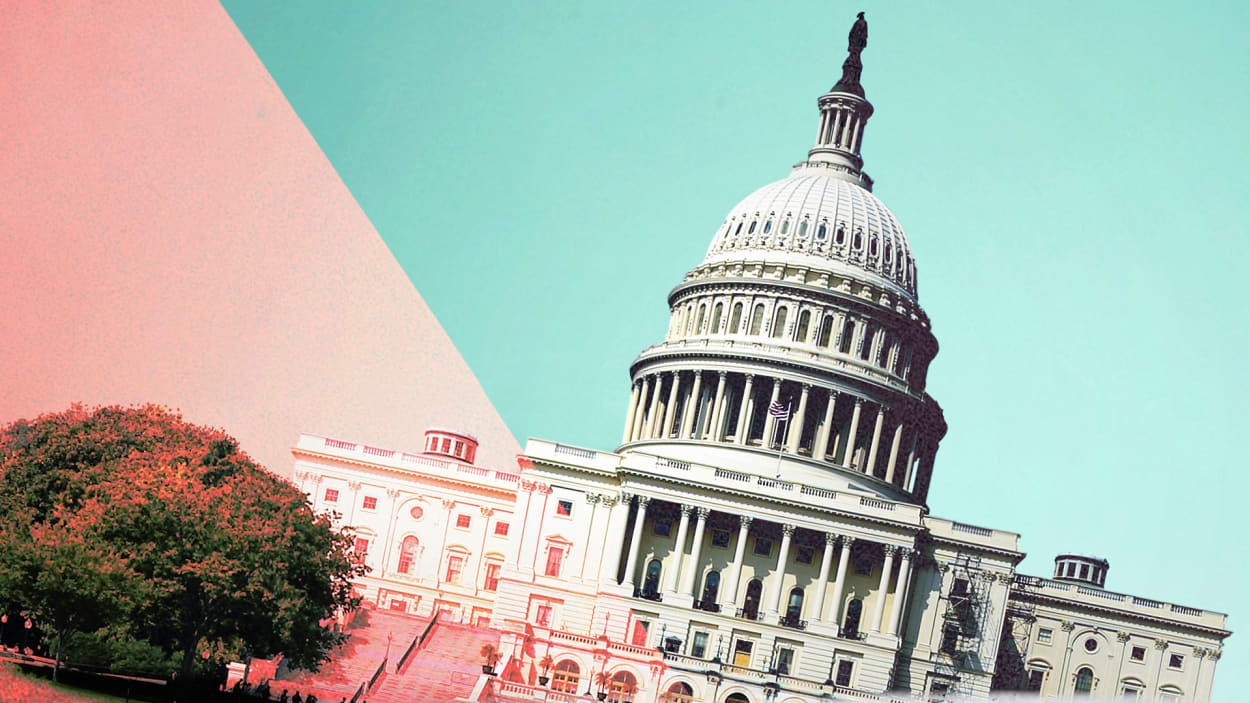
Workers are having a moment. As the pandemic has shifted more power into the hands of employees—for the time being, at least—labor strikes and an interest in unions have picked up around the country.
In fact, the number of union representation petitions filed with the National Labor Relations Board (NLRB) was up 57% between the beginning of October and the end of March, according to data from the NLRB. Similarly, the number of unfair labor practice charges also increased by 14%.
A few months ago, President Biden also asked for a 16% increase in funding for the NLRB’s budget as a part of his FY 2023 budget. Organizing efforts have been successful, to a degree, as well. Big companies including Amazon, Apple, Starbucks, and Microsoft have all found themselves facing union drives among their ranks, despite some of them having long histories of successfully fending them off.
All of this comes after decades of unions shedding members. At the beginning of the year, only about 10.3% of U.S. workers were union members, according to data from the Bureau of Labor Statistics (BLS). Fifty years ago, that number was closer to 30%. So, even though unions are currently in the spotlight, they’re still much smaller than they used to be—and have far less political power.
That hasn’t stopped members of Congress from taking notice, however. Several bills have been filed to help protect unions and organizing, such as the “No Tax Breaks for Union Busting Act,” introduced in May by a handful of Democratic senators. Similarly, other bills have been introduced to protect other aspects of unionization efforts, such as protecting elections from employers’ meddling.
But there are also legislative efforts in the works with goals of blunting unionization’s momentum—and if there’s a majority flip in Congress this year, and a change at the White House in two years, some of the efforts could become serious threats to the progress that unions and workers have made over the past couple of years.
Several members of Congress, mostly Republican, have filed anti-union bills over the past year and a half that have little to no chance of passing currently, but they could be taken more seriously under a Republican administration.
Here are a few areas they’re focusing on:
(20)
Report Post




